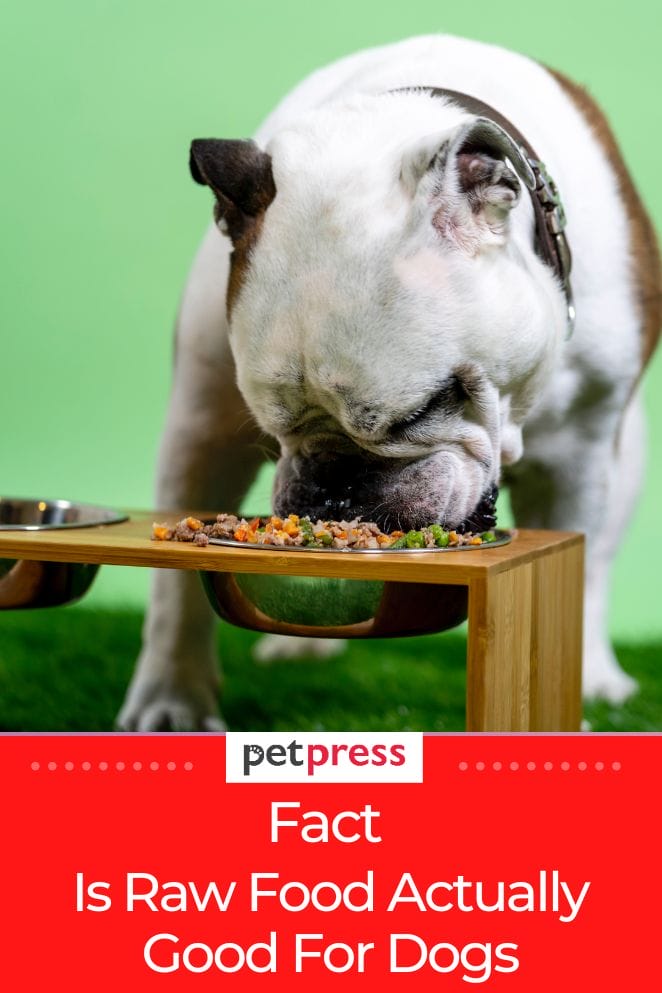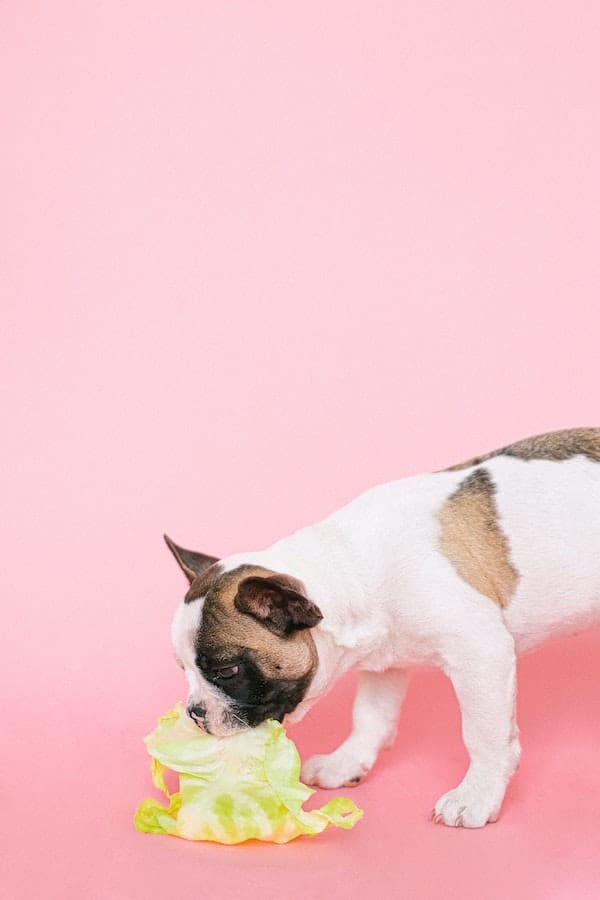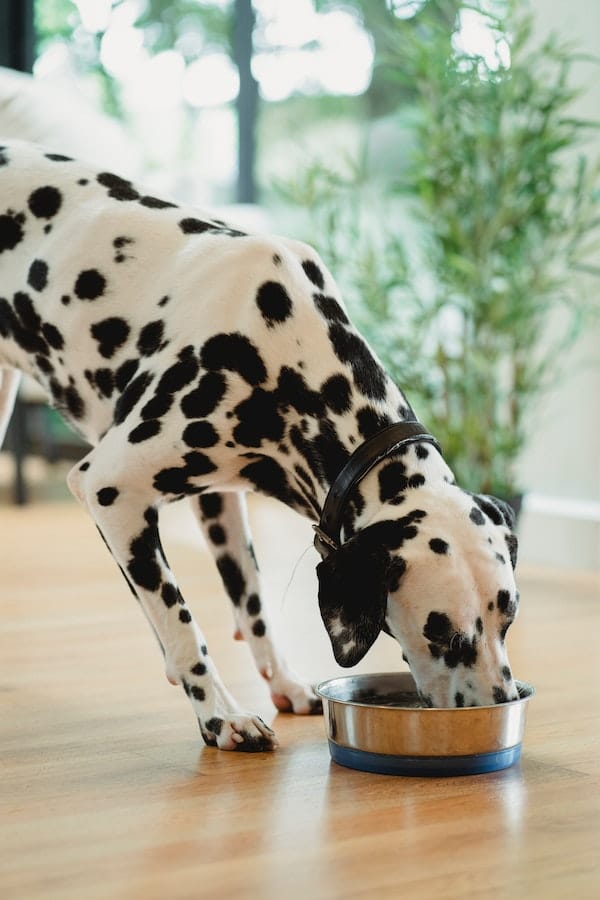
Raw food diets are becoming increasingly popular for dogs as more and more pet owners seek to provide their furry companions with a healthier, more natural diet.
While there is some debate about the benefits and drawbacks of these diets, most experts agree that they can be beneficial in certain situations.
Before you decide to switch your dog over to raw food, it is important to consider all of the potential benefits and risks associated with this type of diet so that you can make an informed decision that is right for your dog.
Do vets recommend a raw diet for dogs?

There is no clear consensus among veterinarians about whether raw food diets are safe and beneficial for dogs.
Some experts argue that raw foods can help to promote good digestive health, strengthen the immune system, and provide other important nutritional benefits for dogs.
Others caution that these diets may be riskier than commercial pet foods, as they may contain bacteria, parasites, and other potential contaminants.
Ultimately, the decision about whether to feed your dog a raw diet is up to you and should be based on your individual dog’s needs and specific health concerns.
To discuss this issue with your veterinarian and get their professional opinion, you can schedule an appointment or talk to them directly about your questions.
What are the pros and cons of raw dog food?

There are several pros and cons to feeding your dog a raw food diet.
Pros of raw food for dogs
- Raw food diets can strengthen the immune system and may help to promote better overall health.
- These diets are often thought to be more natural and less processed than traditional commercial dog foods, which some pet owners may prefer.
- Many advocates of raw food diets believe that these types of foods contain higher levels of nutrients, which can help to keep dogs healthier and more energetic.
Cons of raw food for dogs
- Raw foods may contain harmful bacteria, parasites, or other contaminants that could make your dog sick.
- Some veterinarians believe switching a dog over to a raw food diet too quickly may be stressful and cause digestive issues, such as vomiting or diarrhea.
- It can be difficult to ensure that your dog is getting all of the necessary nutrients from raw food alone, so you may need to supplement their diet with additional vitamins and minerals.
What happens if your dog eats raw food every day?

If your dog eats raw food every day, there are some risks, including:
Bacterial contamination
Bacterial contamination is one of the potential risks associated with eating raw food every day.
Raw foods may contain harmful bacteria, such as Salmonella or E. coli, which can cause serious illness and even death in some cases.
Additionally, dogs who are fed a raw diet on a regular basis may be more susceptible to certain bacterial infections, as their immune systems may not be as strong.
Vitamin deficiencies
A potential risk of feeding your raw dog food every day is vitamin deficiencies.
Raw foods may be less nutrient-dense than commercially prepared pet foods and may not contain all of the vitamins and minerals that dogs need for good health.
As a result, dogs who eat a raw diet every day may be at risk for developing vitamin deficiencies, which can cause a range of health problems such as fatigue, skin rashes, and hair loss.
Digestive issues
If your dog eats raw food every day, there are also some potential digestive issues that may arise.
Raw foods are not always easy for dogs to digest and may cause upset stomachs, vomiting, or diarrhea if consumed in too large quantities or on a regular basis.
Additionally, dogs who eat this type of diet may be more prone to digestive disorders such as food allergies or inflammatory bowel disease.
Final words
Overall, there is a range of pros and cons to feeding your dog a raw food diet.
While some experts believe that these diets can help to promote good digestive health and strengthen the immune system, others caution that they may be riskier than commercial pet foods due to their potential contamination with bacteria or other contaminants.
Ultimately, the decision about whether to feed your dog a raw diet is up to you and should be based on your individual dog’s needs and specific health concerns.
To discuss this issue with your veterinarian and get their professional opinion, you can schedule an appointment or talk to them directly about your questions.


GIPHY App Key not set. Please check settings